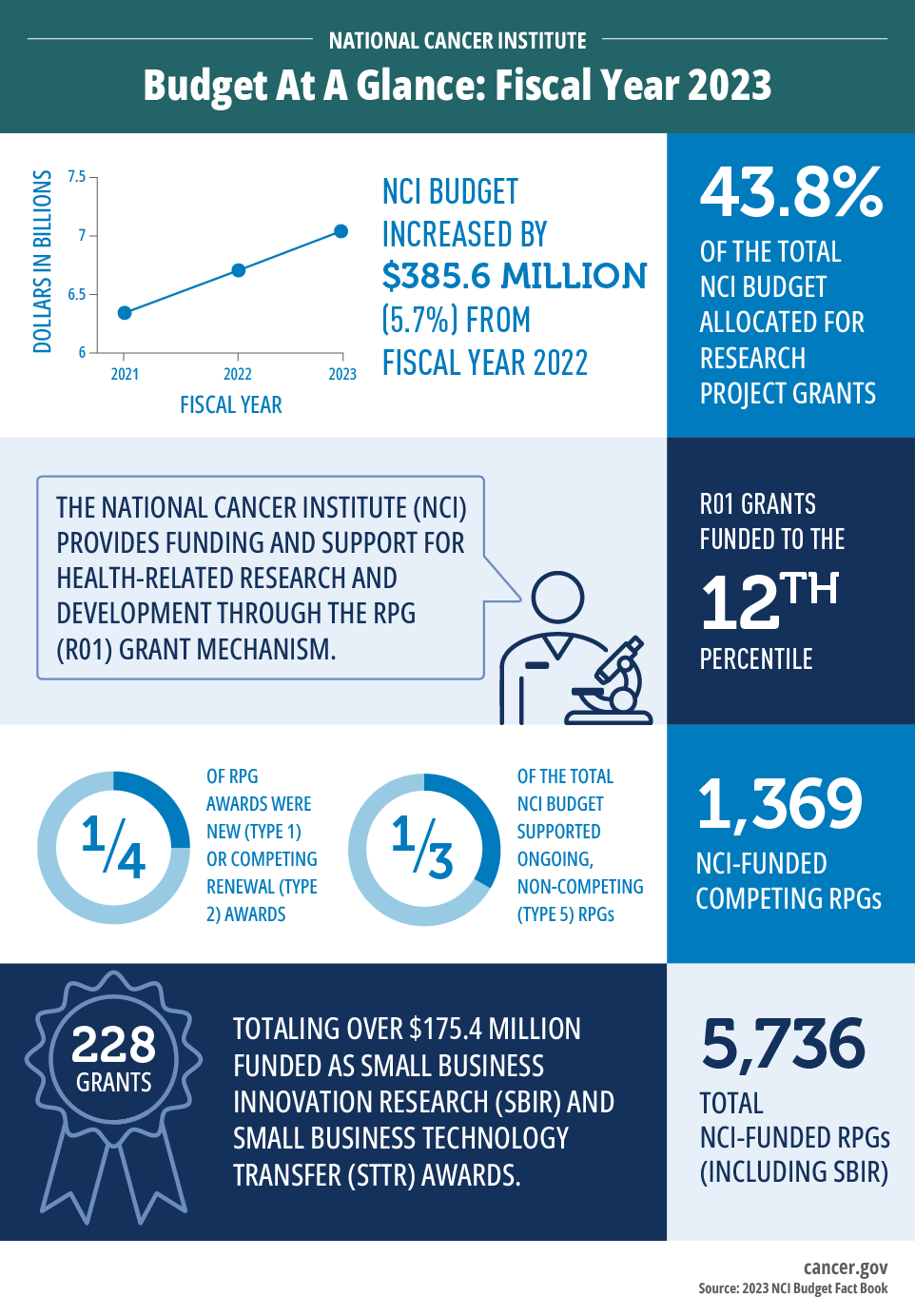

Unravelling the Changes in Diversity, Equity and Inclusion (DEI) Policies Under Different Administrations
The landscape of diversity, equity, and inclusion – commonly abbreviated to DEI, in the field of health and especially within cancer medicine, has seen some of the most tangled issues in recent times. Regardless of one’s political alignment, a closer look into the subject reveals a series of changes that require careful consideration.
Making Sense of DEI’s Financial Commitments
Understanding DEI-related costs, especially those involving healthcare, presents several tricky parts. We have seen policies encouraging minority representation in the cancer workforce. For instance, under President Biden’s administration, the National Cancer Institute (NCI) ran a grant program worth $218 million annually to increase the representation of so-called “underrepresented” groups in the cancer workforce. These action plans were initially put in place to reduce social disparities, but their effectiveness remains a popular subject of debate.
President Trump’s Approach to DEI
When Donald Trump assumed office, there was a significant shift in the approach to DEI – one often described as nerve-racking by DEI advocates. The administration argued for a shift in focus from social representation to a merit-based system. In other words, a move away from hiring based on race or gender and towards hiring based on qualifications and ability alone.
Trump’s Impact on DEI Grants
Among the intricate parts of these discussions, the DEI grant cuts became a hot topic. Two of the NCI’s DEI grants, worth over $10.5 million, remained active during Trump’s tenure, but the future of other such initiatives was uncertain. The grants were aimed at promoting “inclusive excellence” and advancing the careers of racial minorities. However, ongoing DEI efforts under Trump’s administration faced numerous hurdles.
Elon Musk’s Stance on DEI Agendas
Another key player who has decided to dig into these tricky DEI parts is Elon Musk, the CEO of Tesla and Space X. Musk put several funds related to DEI on the chopping block as part of his attempt to reduce government spending. Like Trump, Musk seems to believe in meritocracy over representation. The potential ramifications of these actions on the future of DEI are intimidating.
Expert Opinions on DEI Policies
Reactions to these DEI policies are riddled with tension. DEI advocates argue that society is still full of systemic biases, which make these initiatives necessary. However, critics contend that such schemes might lead to reverse discrimination, favoring some groups over others. This balancing act between societal equity and individual merit forms the essence of the intricate DEI debates.
A Neutral Path Forward?
What remains essential in these heated debates is that no one loses sight of the end goal – a landscape of equal opportunity. It’s easy to get lost in the fine shades of policy specifics. Regardless of where we stand on these issues, we must ensure that our actions and policies promote fairness, inclusivity, and opportunity for all in the cancer workforce and beyond.
Originally Post From https://www.foxnews.com/politics/national-cancer-institute-spends-218-million-grants-underrepresented-groups
Read more about this topic at
Racism pervades this N.J. hospital, former exec says. She …
Gopal gets a super PAC


